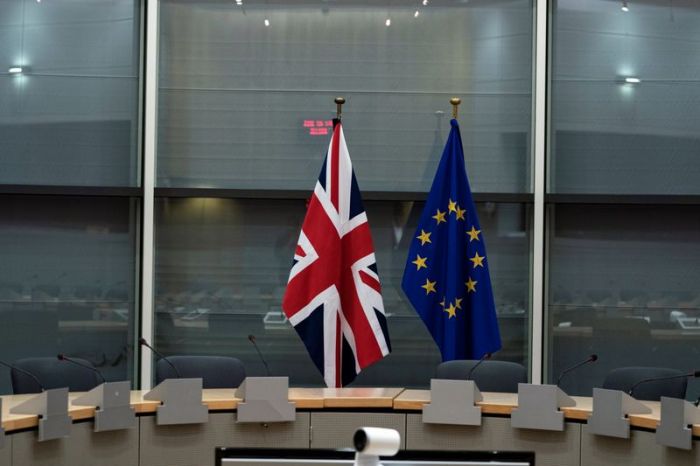WASHINGTON (Reuters) – Senator Marco Rubio, who has successfully urged the Trump administration to pursue investigations of Chinese companies, called on Friday for the U.S. government to consider options to delay an initial public offering of China’s Ant Group, the fintech arm of Chinese e-commerce giant Alibaba <9988.HK>.
“It’s outrageous that Wall Street is rewarding the Chinese Communist Party’s blatant crackdown on Hong Kong’s freedom and autonomy by orchestrating Ant Group’s IPO on the Hong Kong and Shanghai stock exchanges,” Rubio, a Republican, said in a statement to Reuters.
“The Administration should take a serious look at the options available to delay Ant Group’s IPO,” he added.
The Hong Kong leg of the IPO, part of a dual listing in Shanghai and Hong Kong, is being sponsored by China International Capital Corp <3908.HK>, Citigroup <C.N>, JPMorgan <JPM.N> and Morgan Stanley <MS.N>. Credit Suisse <CSGN.S> is working as a joint global coordinator. Goldman Sachs <GS.N> is also involved.
Ant declined to comment on Rubio’s remarks, but said its business was primarily in China and it is excited about growth prospects there.
It was not immediately clear how the U.S. government could postpone the listing of a Chinese company abroad. But Rubio’s remarks are a sign of growing pressure among China hardliners in Congress, within the administration and elsewhere, for President Donald Trump to sanction Ant before it lists later this month.
Some fear the offering, worth up to $30 billion, could expose scores of U.S. investors to fraud. Others fear it could give the Chinese government access to sensitive banking data belonging to U.S. citizens.
“These digital payment systems are the source of well-founded national security concerns, and the Trump administration should move to protect American users’ sensitive financial data as quickly as possible,” Republican Representative Jim Banks said in a statement when asked whether the administration should impose sanctions on the company.
Ant is China’s dominant mobile payments company, offering loans, payments, insurance and asset management services via mobile apps. Based in the eastern Chinese city of Hangzhou, Ant is 33% owned by Alibaba Group Holding Ltd and controlled by Alibaba founder Jack Ma.
Ant’s Alipay payment platform, like Tencent’s WeChat’s platform, is used primarily by Chinese citizens with accounts in renminbi. Most of its U.S. interactions are with merchants accepting payment from Chinese travelers and businesses in the country.
An anti-China advocacy group known as the Committee on the Present Danger: China, whose membership includes hedge fund manager Kyle Bass and former Trump strategist Steve Bannon, penned a letter to Trump last month calling for the company to be added to a trade black list and the IPO to be delayed.
“We believe that the IPO should, at a minimum, be delayed to ensure that…disclosures are faithfully done and properly evaluated as, regrettably, a sizeable portion of the IPO proceeds will almost surely end up in the investment portfolios of millions of retail American investors,” the group said in the letter, dated Sept. 14.
The company could become the latest victim of a years-long technology battle between Beijing and Washington that saw the Trump administration lash out at such Chinese companies as telecoms giant Huawei and surveillance camera maker Hikvision over everything from intellectual property theft, to breaches of sanctions and human rights abuses.
Rubio was the first to publicly call for a probe into popular Chinese-owned social media app TikTok by a powerful national security committee, which did review it. The Trump administration ultimately banned the app, but a court-imposed injunction pending review has kept the ban from going into effect.
(Reporting by Alexandra Alper; Editing by Sonya Hepinstall and Leslie Adler)

























